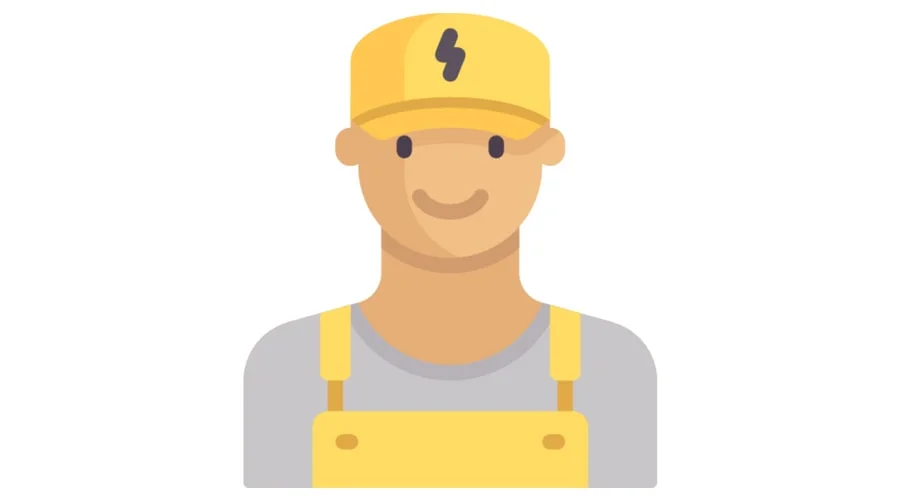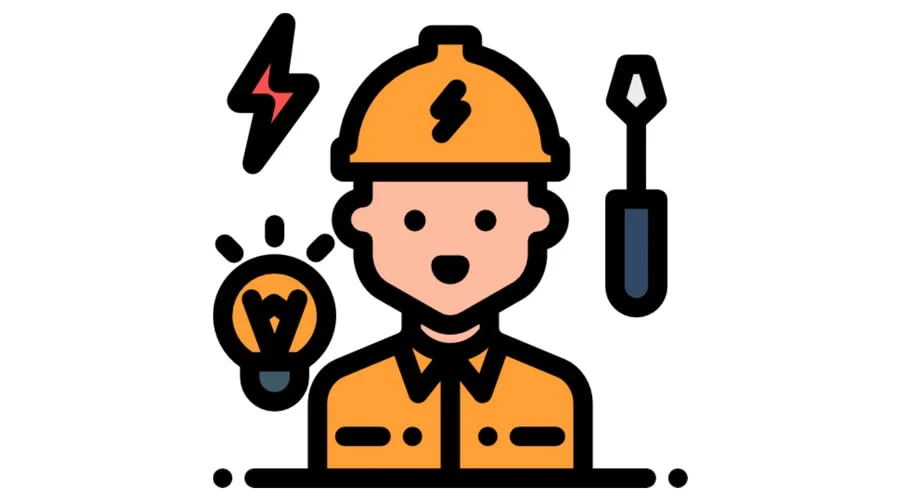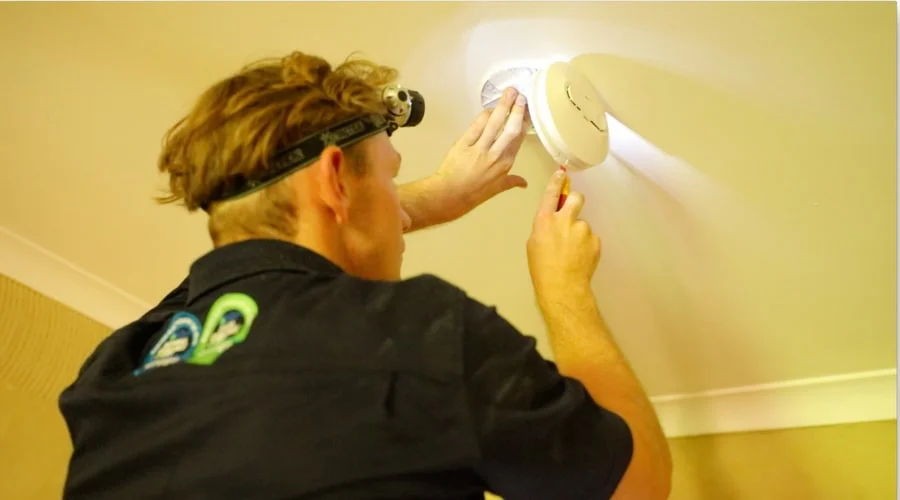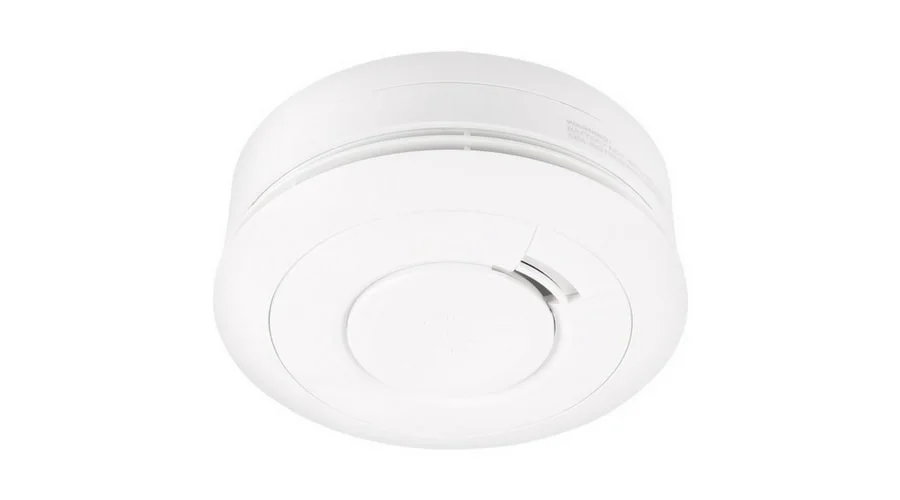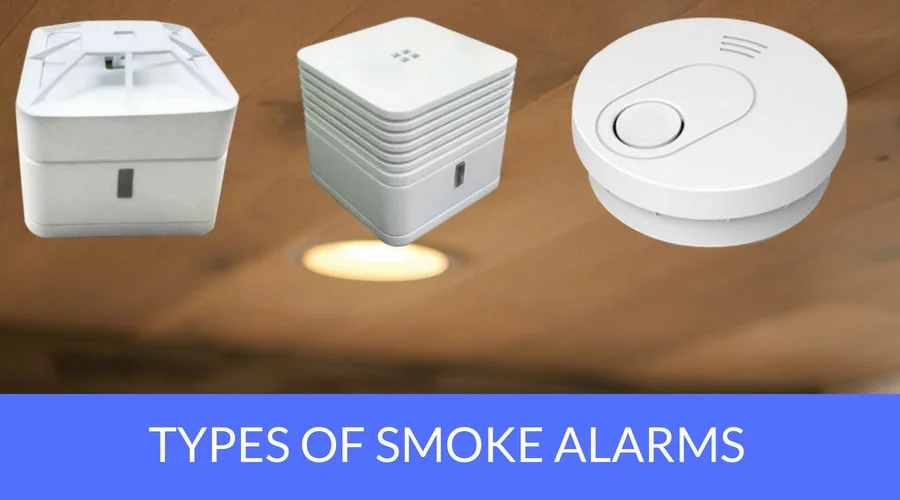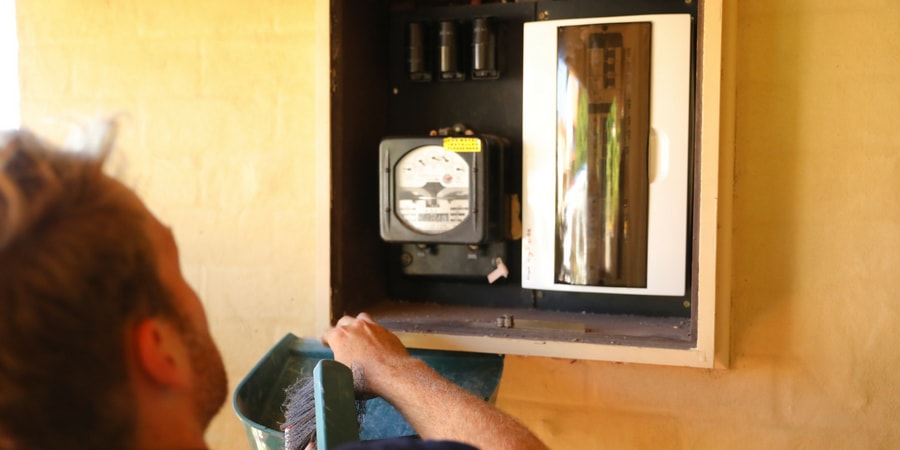No matter what, kids always seem to find their way to anything remotely hazardous. Every parent wants to see their child grow up healthy and happy, so there’s no doubt you want to make sure your child is protected from danger. While we can’t wrap the kids in bubble wrap, there are definitely some proactive measures to make with electricity in your family home.
Why do kids like Power points?
Power points are everywhere and you can’t live without them! You probably have one two, or even three in every room of the house. While this is extremely convenient, unfortunately power sources are not designed with your child’s safety in mind.
We don't know what is so appealing about power outlets, but children seem to love them! Maybe it is because they look like small faces or because they want to copy what they see us adults doing. Either way, they love to stick things into the powerpoint which can become a genuine nightmare!
Tips to childproof electrical outlets at home
When looking to childproof your home, you need to think about all the electrical things in your home that they can tamper with (we know that is a lot!). The most common things children are drawn to are power points, empty power points, extension cords, phone chargers, computer cables and power boards due to the accessibility of these outlets.
Below is a list of solutions to protect your children from their easy access electrical disasters.
Get powerpoint safety caps
Power points are at prime eye level for babies and young toddlers to investigate. When there are no plugs an electrical outlet, curiosity of a small child is to poke something in it. Thankfully, there is a solution to this!
Outlet caps are not only cheap, but they are highly effective in protecting your child from electricity. The flush plastic essentially plugs into the wall, filling the holes leading to electricity. Due to their shape and force of removal, the plugs are too difficult for a child to remove therefore keeping them safe from harm's way.
Install electrical outlet covers
Outlet covers make sure your child can not pull out electrical appliance cords directly from an electrical outlet. Through installing outlet covers you can ensure your child is safe even when the outlet is in use.
Move furniture in front of the outlets in use.
You may have too many power points with too little furniture, however this may be an option to avoid your child's access to power outlets in use. We know this can’t always be the case, but where possible this is a good free option to childproofing.
Use cord covers
When it's not electricity worrying you about your child's safety, it’s tripping over chords! We all have a few cords ourselves that we need to be mindful of. Therefore using a cord cover is handy for anyone entering your home! EssentIally, a cord cover acts as a rubber tape that secures cords to the floor or walks. This way your child can not pull at the cords, removing appliances from power outlets and keeps them safe from electrical exposure.
If you need help child proofing your home with any of the above methods, contact the professionals at Response Electricians Perth. Response Electricians Perth are world class electrical experts who know everything there is to know about safety proofing electrical in your home or office. Our prompt electrical solutions have helped hundreds of people seeking electricians in Perth. Contact an expert electrician today!








